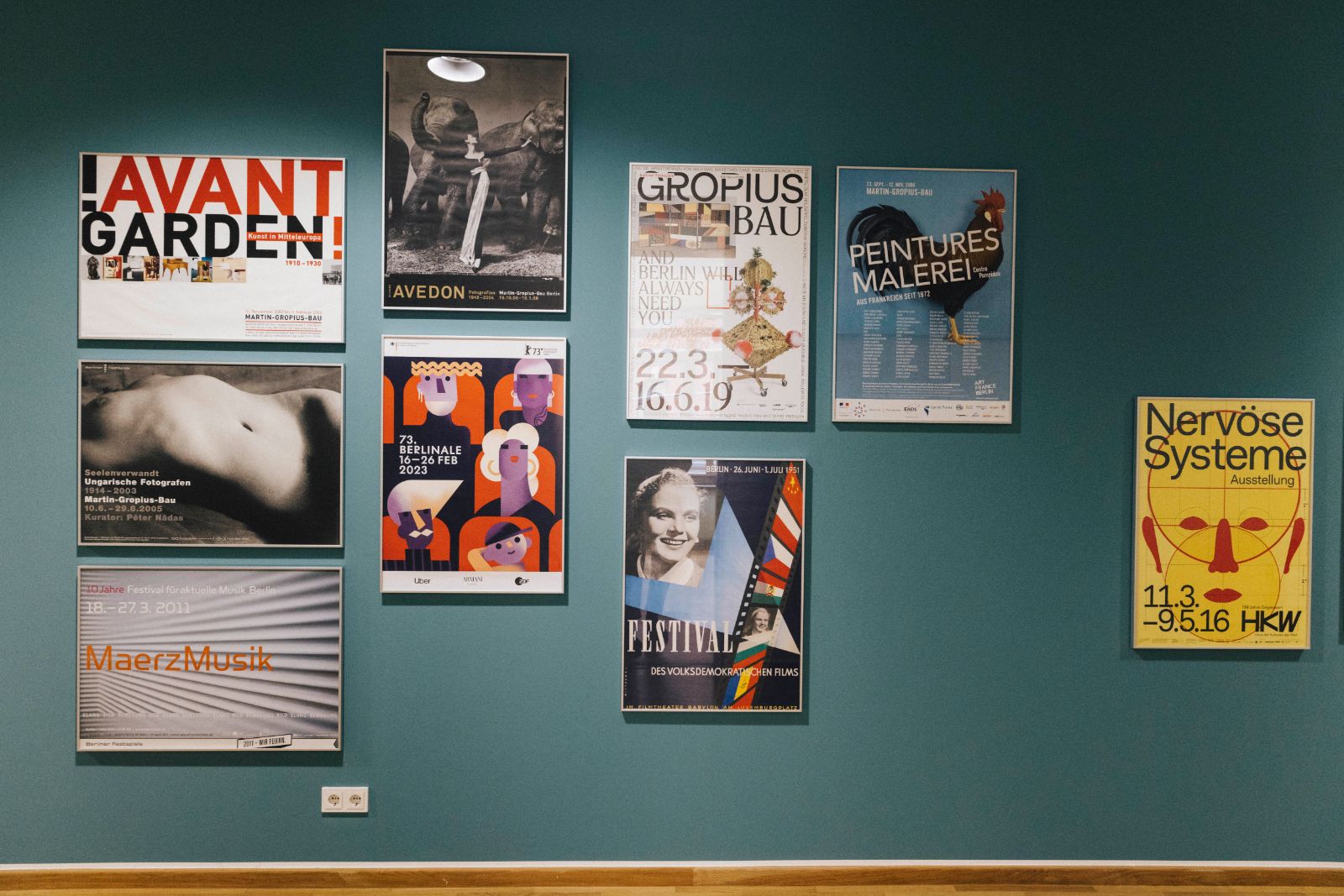
History
Berlin’s vibrant arts scene and its rich cultural heritage make the once divided city a cultural metropolis with national and international presence. Due to its eventful history, the federal government also bears a special responsibility for Berlin with regard to cultural policy. After the reunification of Germany, the federal government and the state of Berlin were faced with the task of reorganising structures. These had to be adapted to the changed needs of Berlin as a federal state and national capital – a project that caused disagreement and discussion for over ten years.
In the face of financial uncertainties and wrangling over competencies, institutions founded with a representative function on the West Berlin side in particular were confronted with existential questions. This was also the case for the Berliner Festspiele, which can be traced back to the Berliner Festwochen initiated in post-war Berlin in 1951 and the Berlin International Film Festival held for the first time that same year. As a “showcase of the free world,” the Berliner Festwochen and the Berlin International Film Festival, which was quickly established and called the “Berlinale” for short, brought music, theatre, art and film of international standing to the then walled city. The Martin-Gropius-Bau is another example: Badly damaged during the war, after three years of reconstruction, it was reopened in 1981 almost as a shell of a building, without its own collection or a permanent sponsor to ensure its financing. In 2001, the Berliner Festspiele took over its operation, having presented the costly exhibition “Seven Hills” there a year earlier after five years of preparation. The former Berlin Congress Hall, opened in 1957, a gift from the US government to West Berlin, also became the site of a new institution that sought to consolidate its position in the international cultural landscape. In 1989, shortly before the fall of the Berlin Wall, Haus der Kulturen der Welt was established there as a new centre for non-European cultures. The idea of creating a permanent venue for this purpose arose in the wake of the success of Horizonte – Festival der Weltkulturen, which had been organised by the Berliner Festspiele since 1979.
With the aim of ensuring the functioning of these and other selected institutions as platforms for intercultural dialogue and enabling their preservation and development, the federal government and the state of Berlin finally agreed on a new arrangement for the promotion of culture in the capital, including the 2001 Capital Cultural Treaty. This made the federal government the sole shareholder of the then Berliner Festspiele GmbH – including the Berlin International Film Festival (Berlinale) and the Martin-Gropius-Bau as well as Haus der Kulturen der Welt GmbH, represented by the Federal Government Commissioner for Culture and the Media.
The foundation of KBB
In order to meet the demands of the capital’s commitment to culture, to pool resources and to create new synergies, Berliner Festspiele GmbH and Haus der Kulturen der Welt GmbH merged on 17 July 2002.
As part of the retroactive merger of the two companies on 1 January 2002, KBB – Kulturveranstaltungen des Bundes in Berlin GmbH was created. The Berliner Festspiele with the Martin-Gropius-Bau, the Berlin International Film Festival (Berlinale) and Haus der Kulturen der Welt became the business divisions and programmatic pillars of KBB. In 2003, selected central departments of all divisions, including human resources, finance and accounting and the managing director, moved to Schöneberger Ufer. The removed administrative structure ensures efficient and sustainable organisational structures and strengthens confidence in KBB’s economic use of funds.
In 2014, the Haus der Berliner Festspiele was acquired by the Institute for Federal Real Estate (BImA) on behalf of KBB, followed in 2018 by the Martin-Gropius-Bau and Haus der Kulturen der Welt. KBB in turn rented all three houses from the BImA in order to continue to create places of participation for the contemporary arts and critical debates in its premises.